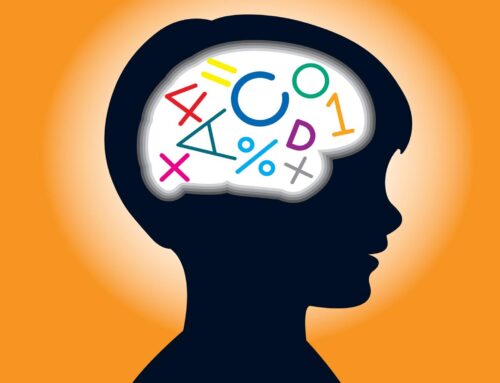It may at first seem implausible that an adult woman could progress through childhood and adolescence with undiagnosed ADHD. Even close friends and family members may doubt the veracity of a late diagnosis, and brush it aside, “you are so smart, so put together – no way you could have ADHD!”
One reason for this suspicion could be due to the fact that adults with ADHD, especially women, tend to minimize or hide their symptoms. While they may appear focused and organized; they may experience internal stress and turmoil.
While some ADHD symptoms that typically affect males decrease at puberty (e.g. hyperactivity), those that typically affect females (e.g. lack of focus) tend to intensify.
Women defy the popular notion that puberty cures ADHD. This is not only because of later diagnoses but also because they challenge traditional diagnostic criteria, displaying symptoms, such as forgetfulness, disorganization, and depression. These symptoms are often rooted in their shame and arise from trying to hide their struggles. Moreover, increased estrogen levels can exacerbate ADHD symptoms, making them more apparent.
As a result, young women who have not yet been diagnosed and experience difficulty with organization, memory, time management, and attention may interpret these struggles as personal weaknesses, rather than the product of an underlying neurological difference.
Major life transitions such as marriage, pregnancy, or starting college are accompanied by new and increased demands and expectations. Many women are not diagnosed until these pivotal periods. Seemingly routine tasks such as grocery shopping, bill paying, and household chores can prove more mentally taxing for someone with ADHD. The added responsibilities of adulthood can intensify stress related to the disorder.
If you have or know someone with specific concerns about ADHD, please contact us at Georgetown Psychology Associates to schedule an appointment or for more information.



